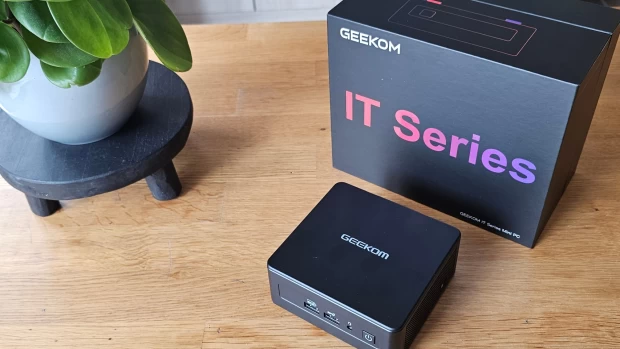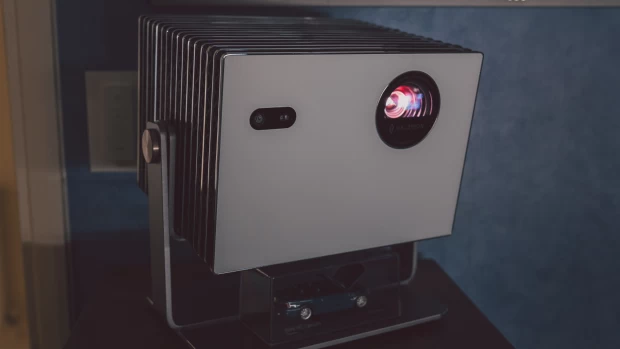
Vodafone has shared a post today detailing how engineers at its R&D centre in Málaga, Spain, are working on a new silicon photonic chip technology, designed to replace existing chip technology to drive the mobile networks of the future, particularly on higher capacity open radio access networks.
Silicon photonic chips, which make use of silicon as an optical medium and make use of light instead of electricity, is a technology that is mostly used in fiber optic telecommunication systems currently. These chips are reported to be far faster, more efficient, and reliable than the existing offering of electronic chips in most devices.
The main goal of this development is to place the chips in Vodafone's mobile base stations, which would then provide its network with ultra-low latency, lower power consumption and greater programmability. This would also be future proof as well with support for newer technologies such as generative AI, quantum computing and autonomous vehicles.
Vodafone names two key partners in its post, Salience Labs (based in the UK) and iPronics (based on Valencia, Spain), who are two of the industry leading photonics companies who join Vodafone's existing partners working on the advancement of chip architecture within the business.
Silicon photonics allows for greater support of increasing power requirements of these more advanced computing technologies, with AI computation alone reportedly doubling every three and a half months, and is outpacing existing semiconductor technologies according to Salience Labs.
Finally, Vodafone goes on to state that this new technology will enable it to further scale up its 5G rollout, thanks to the step-change in processing power that it would provide at the mobile base station.
Salience Labs will be working primarily on building the silicon photonic solutions, while iPronics will be working on radio frequency beamforming, which is "the ability to bend and direct a signal to its intended recipient such as a smartphone user."



















